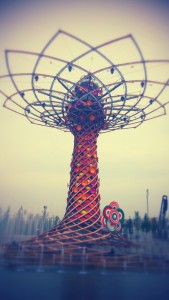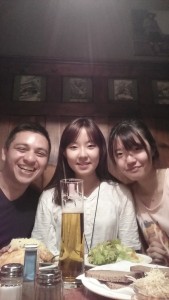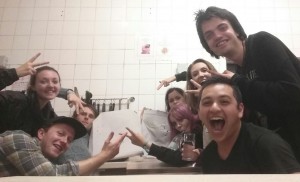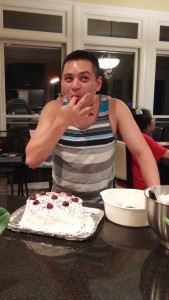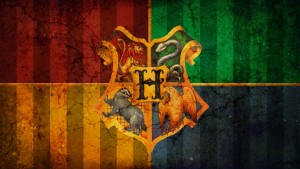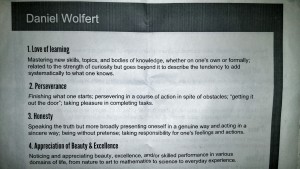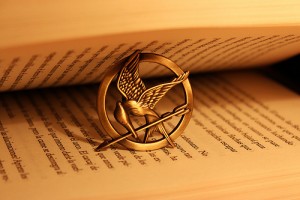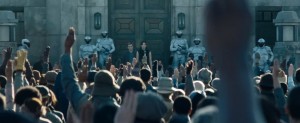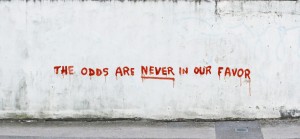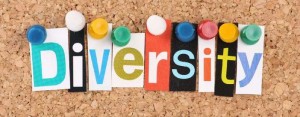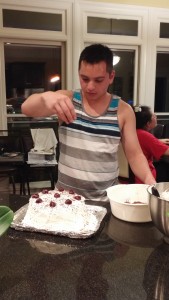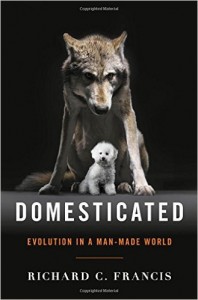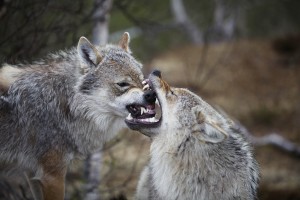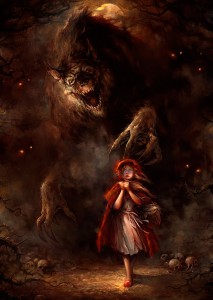In which Daniel circumnavigates Europe.
To my dear reader,
There’s a certain irony to the fact that, in spite of the grand scale of the adventure, the summer of 215 spent studying music and literature in Milan, Italy, is something that seems so unreal in retrospect. This isn’t to say that it was earth-shatteringly good, yet thinking back on it makes it seem like I might have read about it in a book, or seen a movie, not went there myself. A few memories do float to the top, however, and these are those memories.
- The Tree of Life
I’m standing at the World Expo, an enormous fair wherein countries create exhibits addressing a specific global issue – this year, food sustainability. It is fitting given my sophomore year spent as the Director of Sustainability in Puget Sound’s Residential Life. The crowd I’ve joined has circled an enormous statue of a tree which, amid the Verdi opera aria blaring from the speakers, has begun to bloom huge cloth flowers.
- Many Boats
At the largest art museum in Milan, there is a small room with one glass window for a wall and mirrors for the remaining surfaces. Blue cloth is piled on the floor with small, antique boats on top, and although there are only three boats in the tiny room, the mirrors multiply the number, and multiply again, until the room seems like an endless fleet of tiny boats.
- Verdi’s Café
The proudest moment I have during this time abroad is in Verdi’s Café, a small restaurant near the IES Abroad Center that I frequent. With only two days of the program left, I have become quite proficient in Italian, and as I look around the café, I’m shocked to realize that I can understand the words on every poster in the room.
- In the Black Forest
After the program ends, I spend two weeks wandering Europe, and in this time, I end up visiting Shoshana Strom, a fellow Puget Sound student studying in Freiburg, Germany. On one adventure, we arrive at a café in the Black Forest, and it is there that I have the best meal I can remember eating. It is a Potato-Leek Soup, with Black Forest Cake and a Café Macchiato. I have since tried and horribly failed at recreating this meal.
- Cobblestones
Salzburg is the Europe that I had dreamt of before coming to Europe, but never received. I unexpectedly befriend two Korean girls that are staying in the same hostel as me, and we stumble upon a tiny tavern together amid the rain in the tiny, cobblestone streets.
- Delicate Shades
Vienna is the first city on my free adventures in Europe that makes me realize how homesick I am. The city is so much more crowded than the others I visited, and I’ve become nervous and anxious in the crowds. While wandering the city with two Korean boys I’ve befriended, I find a quiet chapel. The windows seem peaceful.
- One Night Town
The last city I visit before I return to Milan for my flight home is Bled, Slovenia, and although it is small, t bustles with life. On my last night there, I befriend a large group of students from around the U.K. and, after buying some pizza, we unexpectedly decide to go on a bar crawl. When we return to the hostel in the wee hours of the morning, we find that someone has stolen my pizza, but left the box. Although I’m not too irked, the group seems irked on my behalf, and I find myself feeling a strange affection for these strangers that bemoan my lost pizza for me.
Does it all mean something? I wouldn’t know.
With all due respect,
Daniel Wolfert


